Imagine abandoning one social media app only to find yourself at the center of an unexpected global movement against racism. That’s exactly what happened when American TikTok users, temporarily locked out of their favorite platform due to the U.S. ban in January this year, migrated en masse to the Chinese social media site RedNote. They called themselves “TikTok refugees”. But no one predicted what came next: this mass shift became an unlikely force for dismantling racism, particularly anti-Chinese sentiment. RedNote, instead of just being a backup app, turned into a rare space for cultural exchange, solidarity and cross-community support.
Some anti-racism strategies are universal across social media—sharing personal stories, expressing anger, frustration, or grief. One of the most powerful moments came from a video titled “我们是一家人 WE ARE THE WORLD” by Chinese user roxycat 猫姐(内敛优雅版). In the video, she breaks down in tears recalling past and present experiences of racism, pleading for “less discrimination and more understanding”. Posted on January 19, the video amassed 149K likes and 18K comments by March 18—not just from Chinese users, but from Americans and other western users who actively engaged with her message. This wasn’t just another viral video. It was a digital reckoning which forced people to acknowledge racism head-on.
On TikTok, anti-racism discussions usually follow a pattern: victims share experiences, and allies respond with support or calls to action. But RedNote—perhaps because it’s a Chinese-centric space—created a different dynamic. Instead of simply reacting, non-Chinese users became active participants in cultural exchange. They were not just acknowledging racism; they were learning, engaging and reshaping their own perceptions.
Take Chinese food, for example. Instead of the tired, racist stereotypes that have long plagued perceptions of Chinese cuisine, new non-Chinese RedNote users started cooking traditional dishes, sharing their attempts online, and celebrating them. A stark contrast to the COVID-19 era, when Chinese restaurants faced boycotts and xenophobic attacks.
Then, there was humour. If there’s one way to deflate a racist narrative, it’s to mock it. The U.S. government justified the TikTok ban over national security concerns—so what did users do? They leaned in. A viral video by user Conner Frost joked about reuniting with a “Chinese spy” on RedNote, to which Chinese users cheekily responded that they were only interested in stealing pictures of American users’ pets. This playful subversion of xenophobic narratives underscores how humour can be a tool for dismantling harmful stereotypes rather than reinforcing them.
The question now is: does this camaraderie have staying power? Two months on from the ban, will American users stick around or will they ditch RedNote now that TikTok is back in full force? Right now, engagement is holding strong. As of March 18, the hashtag #tiktokrefugee had racked up 44.8 million posts on RedNote, with many users openly stating they have no plans to leave. Even users from countries with no TikTok bans, like the UK and Italy, are jumping on board. But at the same time, RedNote’s ‘For You’ page is shifting back to its usual content rather than being dominated by posts from the new users, suggesting the novelty might be wearing off. Will this be a lasting migration or just a temporary detour?
One thing is certain: the walls between Chinese social media and the rest of the world have cracked open. And that matters. Social media is often blamed for fueling division, but RedNote has proven it can also be a bridge. The challenge now is to take this beyond the screen—to turn fleeting digital moments into long-term change.
The migration to RedNote started as a reaction to political and economic chaos, but it became something far more powerful. It showed what happens when communities connect—not because an algorithm tells them to, but because of genuine curiosity and shared human experience. If we’re smart, we won’t let that go to waste.
Dr. Xin Zhao, Principal Academic in Media and Communication at Bournemouth University

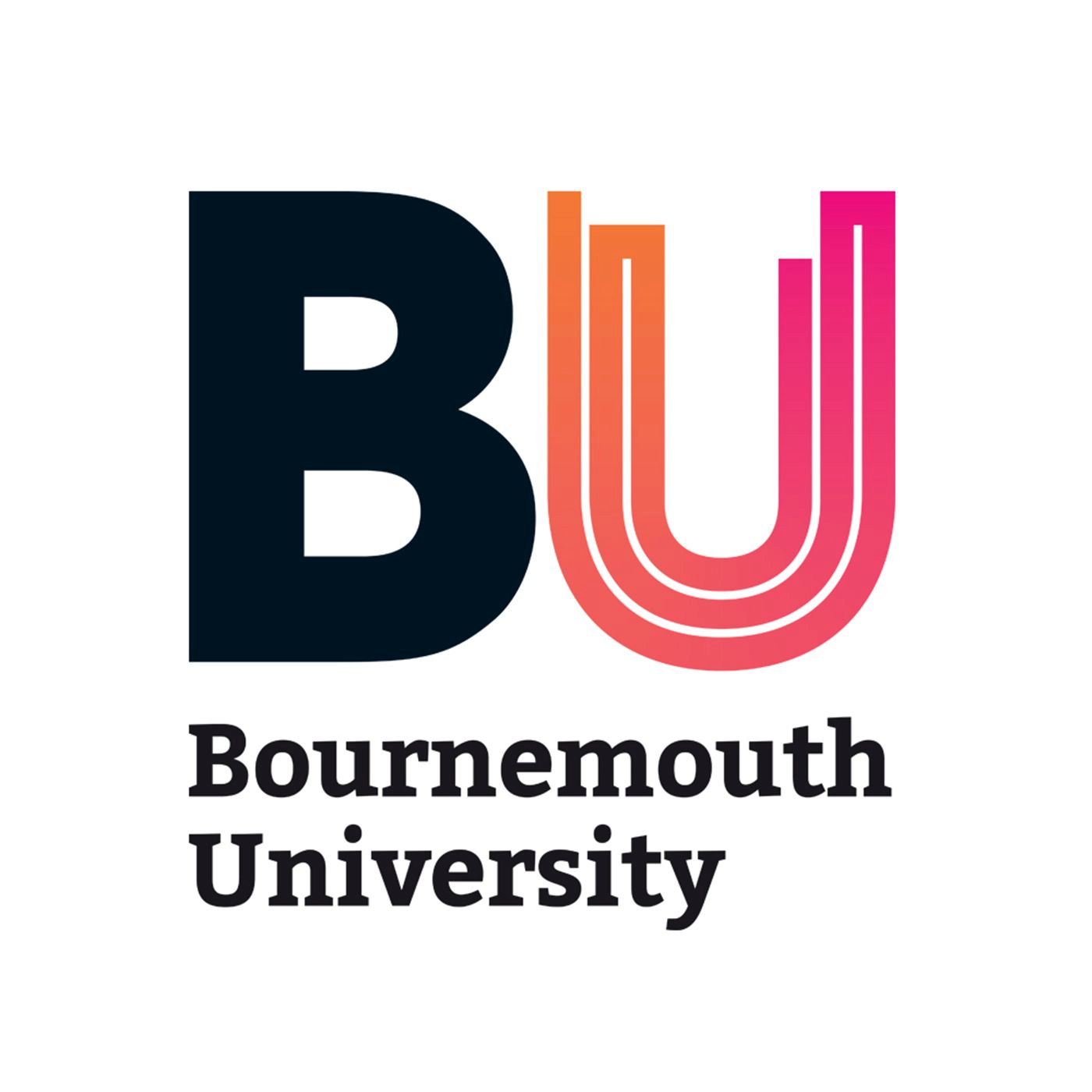
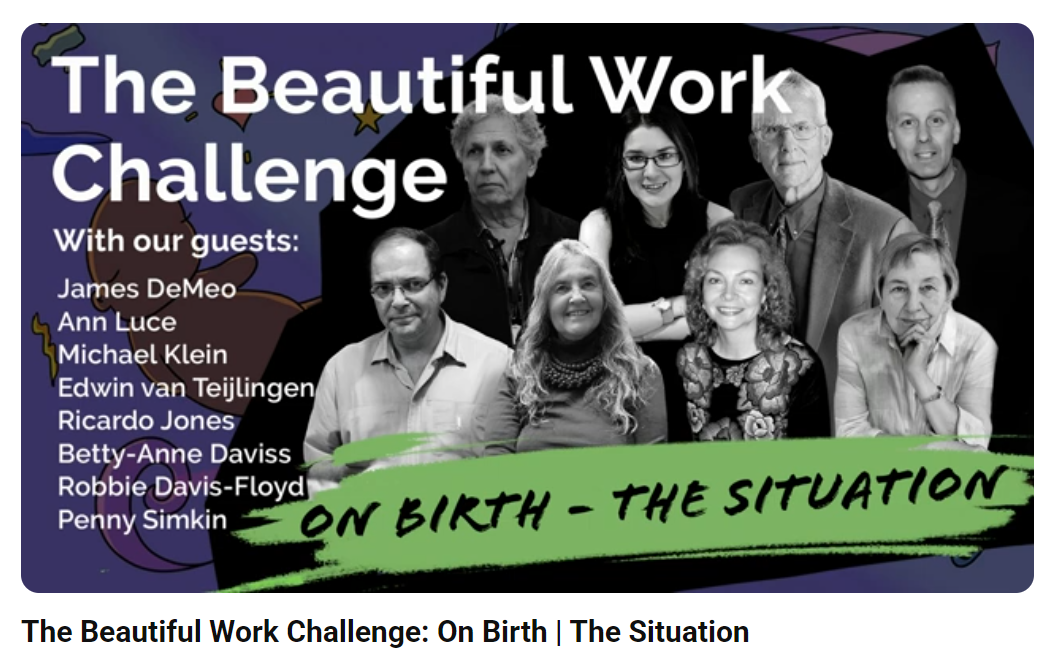

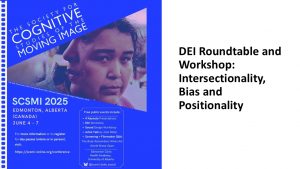
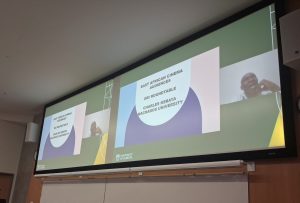
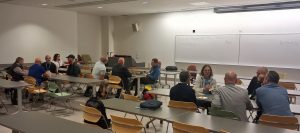
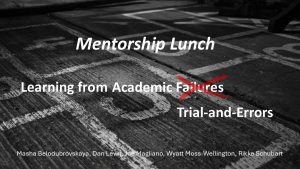
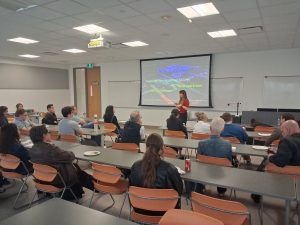
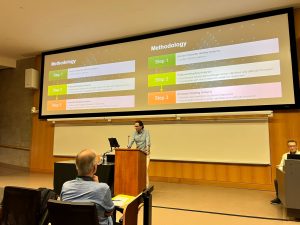
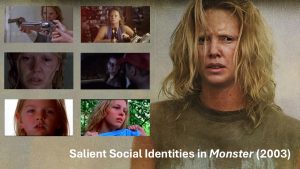
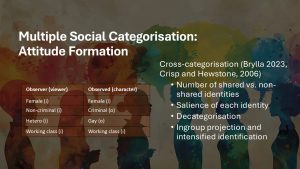

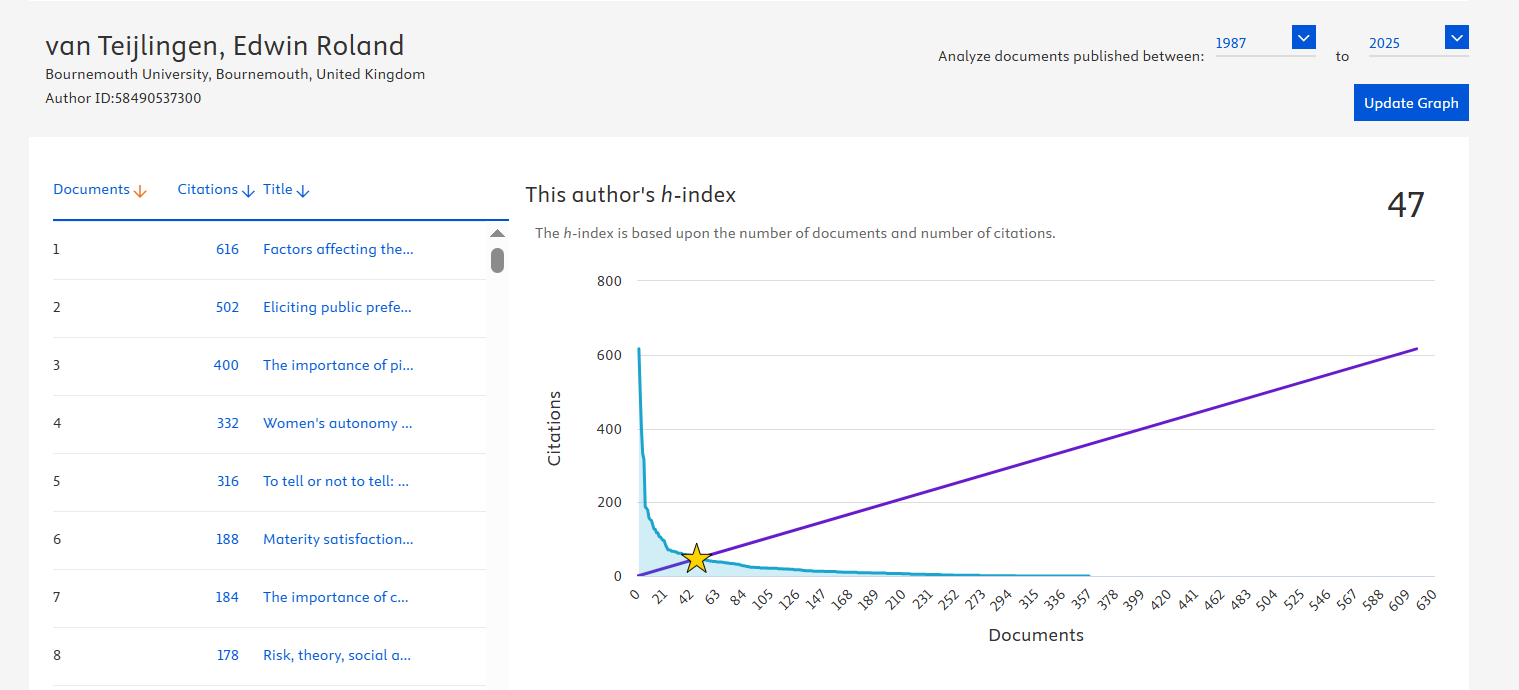




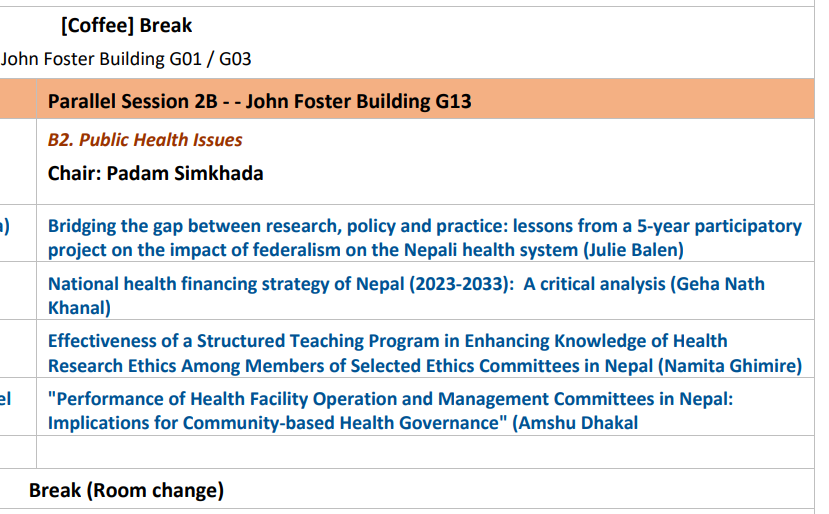
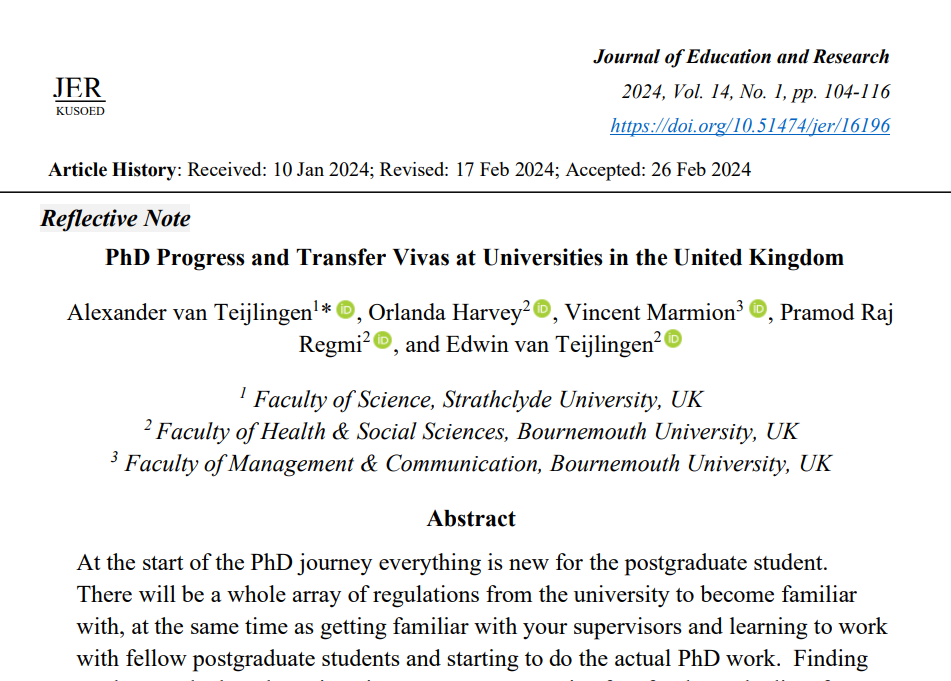

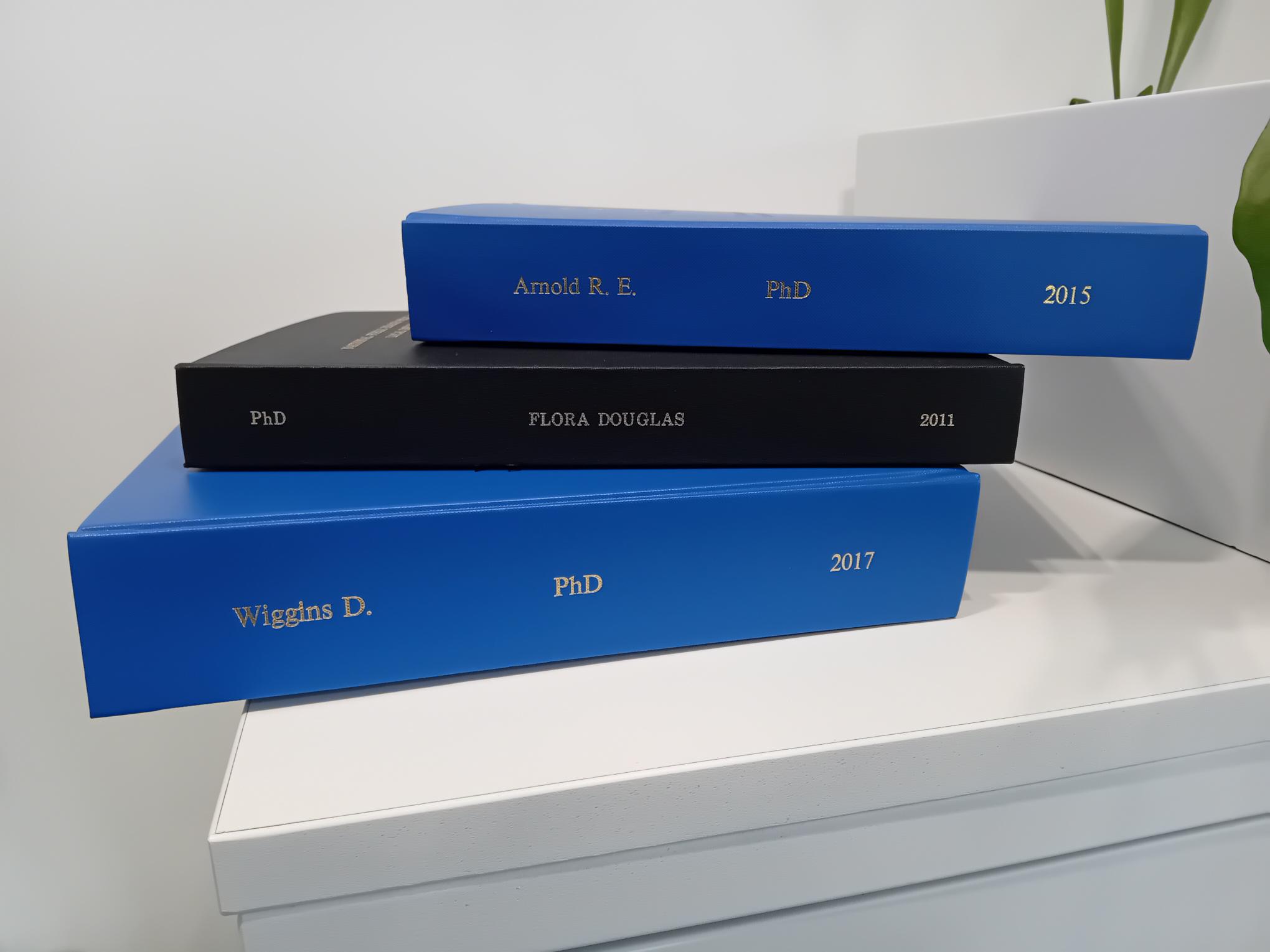
 Last month we reported on this Bournemouth University Research Blog (click here!) that Ms. Amshu Dhakal, presented findings from our Nepal Federal Health System Project in Nepal. Amshu’s presentation at the Nepal Health Conclave 2024, organised by the Ministry of Health and Population and supported by WHO (World Health Organization) Nepal and UNFPA, resulted in an online article in Nepal. This article in Nepali in Swasthya Khabar Patrika features lessons learnt and evidence from our research project “The Impact of Federalisation on the Health System of Nepal.”
Last month we reported on this Bournemouth University Research Blog (click here!) that Ms. Amshu Dhakal, presented findings from our Nepal Federal Health System Project in Nepal. Amshu’s presentation at the Nepal Health Conclave 2024, organised by the Ministry of Health and Population and supported by WHO (World Health Organization) Nepal and UNFPA, resulted in an online article in Nepal. This article in Nepali in Swasthya Khabar Patrika features lessons learnt and evidence from our research project “The Impact of Federalisation on the Health System of Nepal.”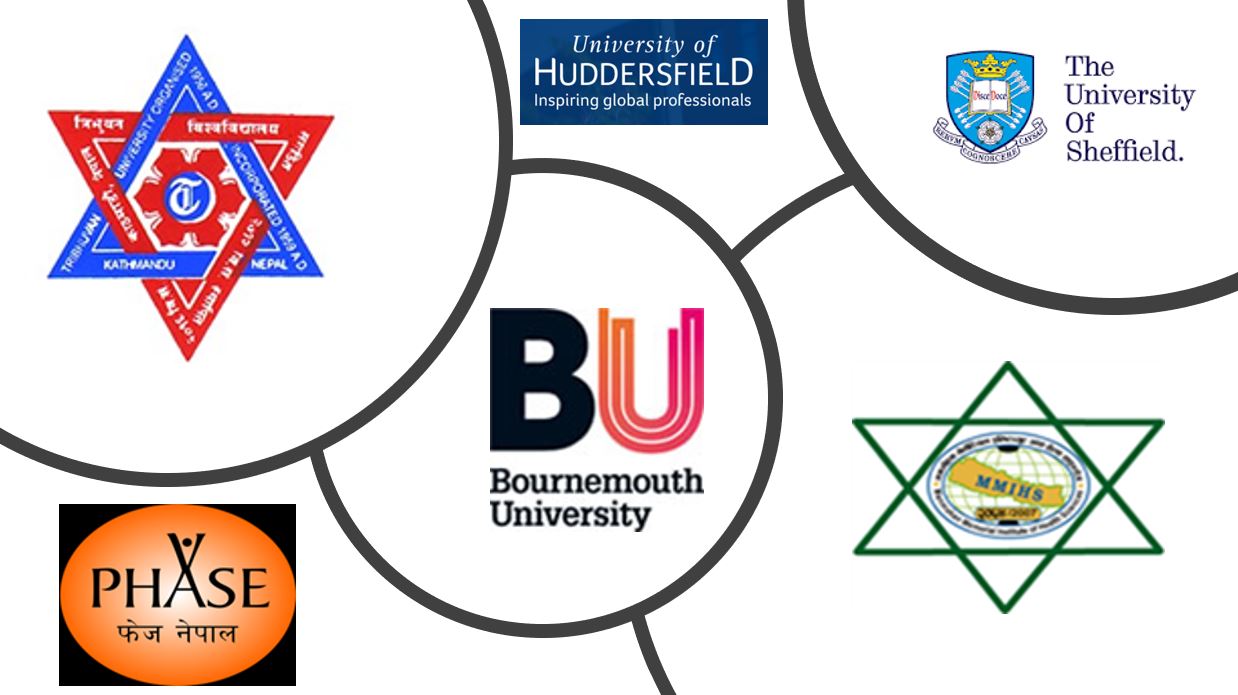
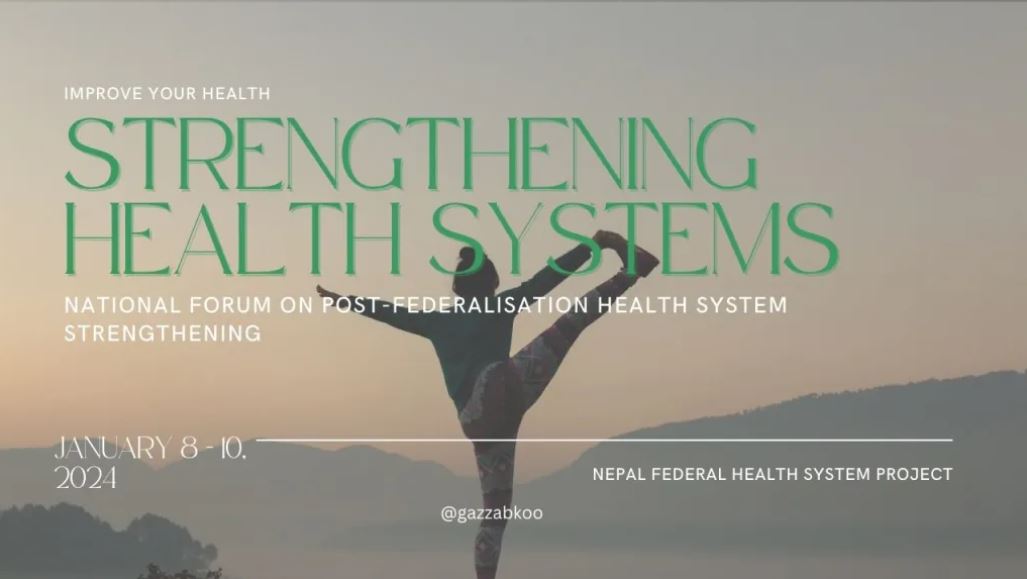 This is one of several news articles from this project which have appeared in both English and Nepali in national media in Nepal.
This is one of several news articles from this project which have appeared in both English and Nepali in national media in Nepal. 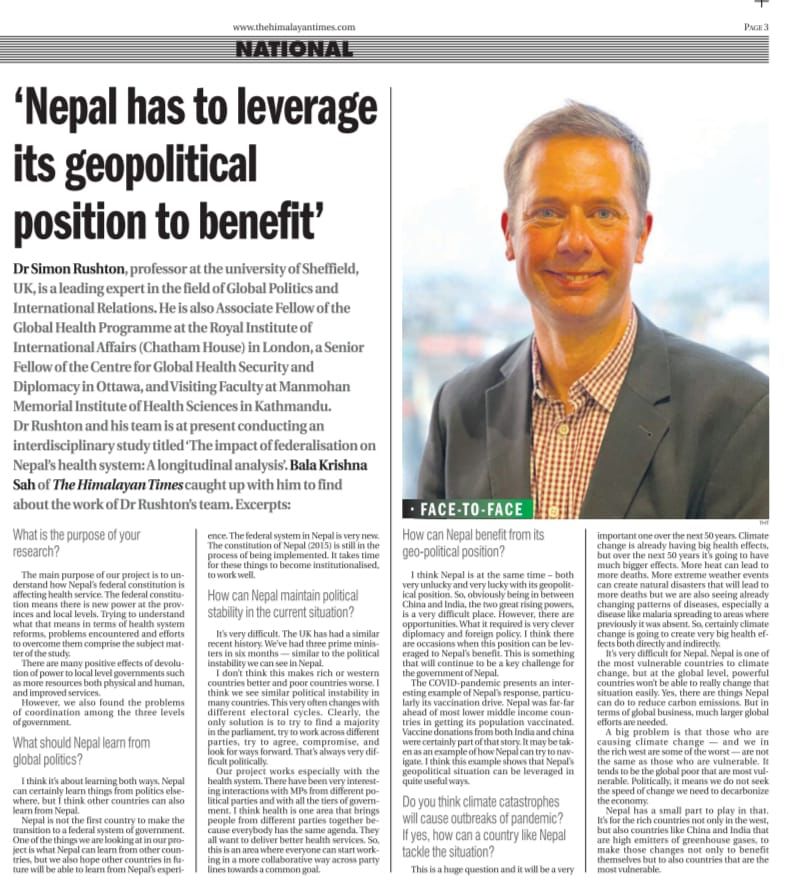 Our interdisciplinary research project ‘
Our interdisciplinary research project ‘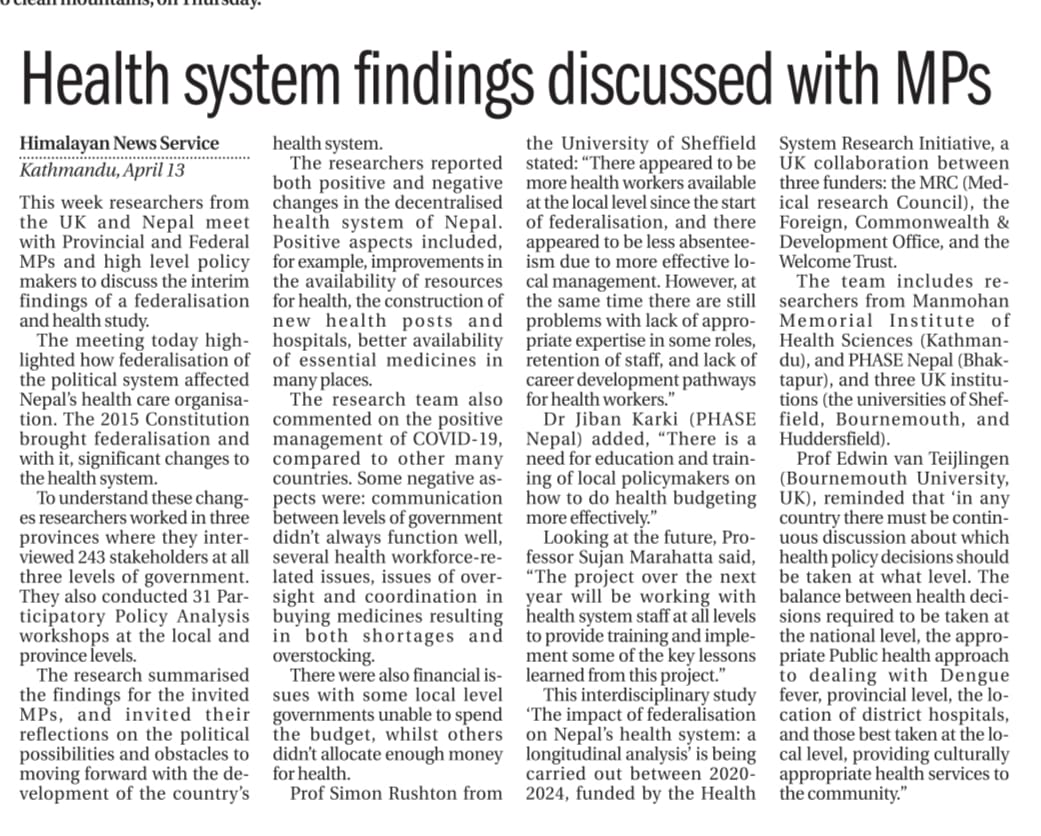
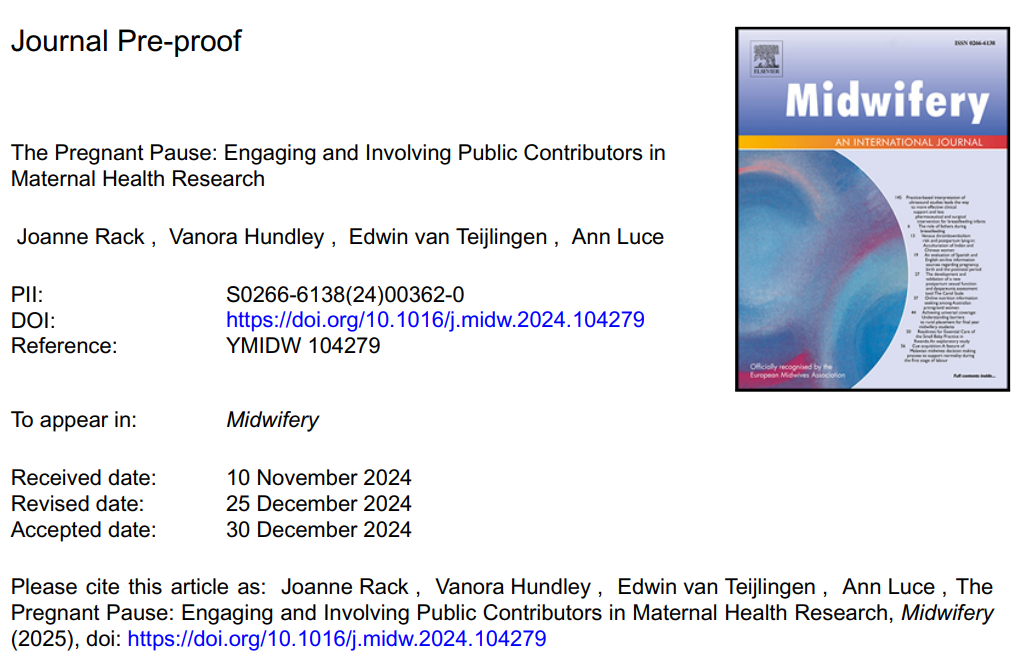

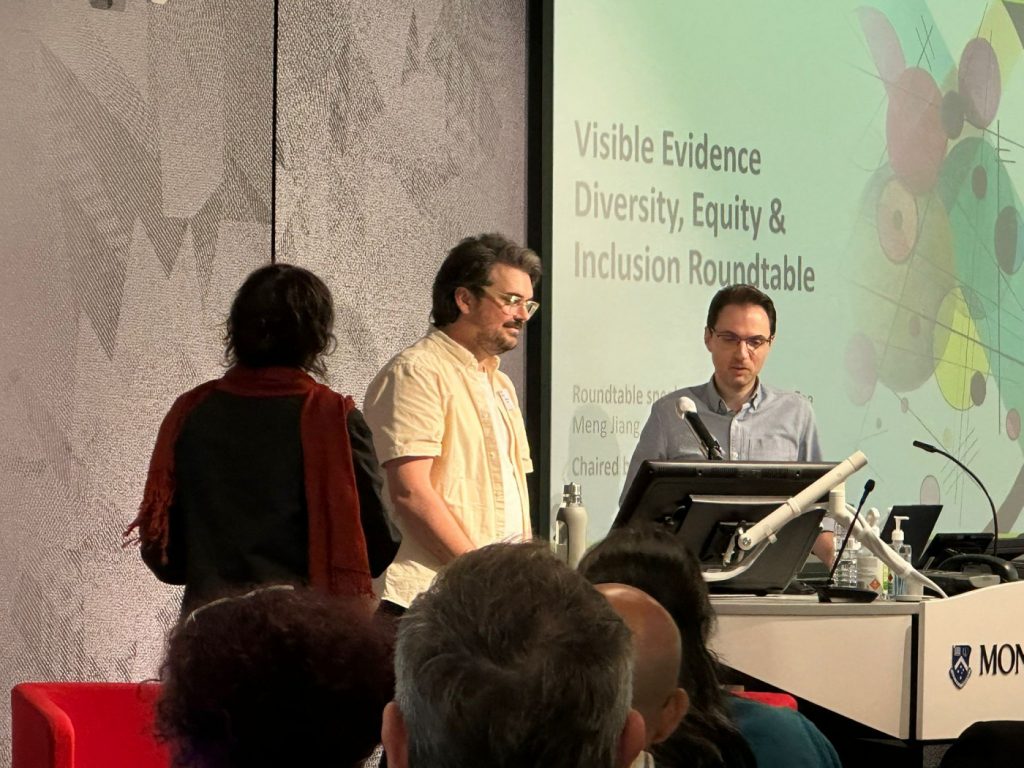
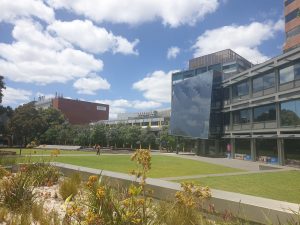
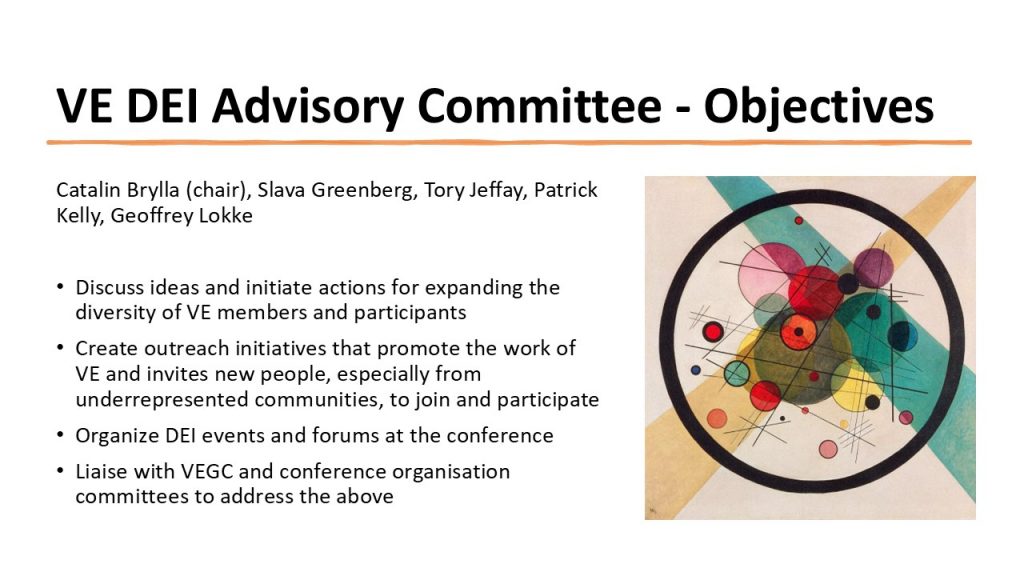
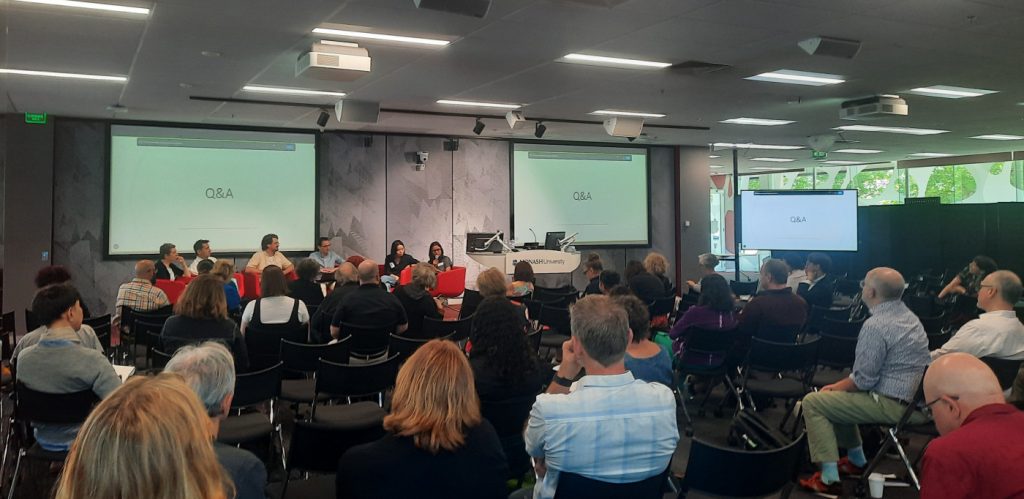
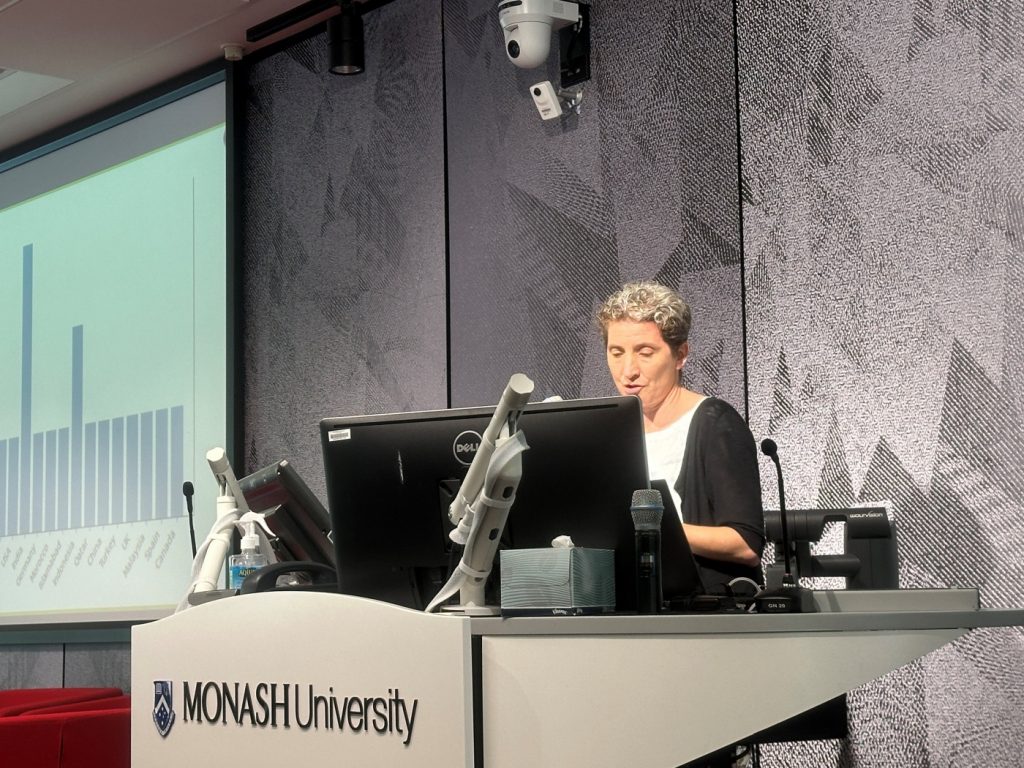


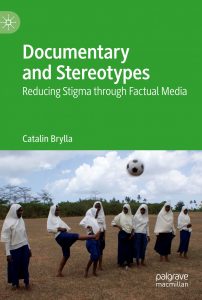 Documentary and Stereotypes: Reducing Stigma through Factual Media (
Documentary and Stereotypes: Reducing Stigma through Factual Media (



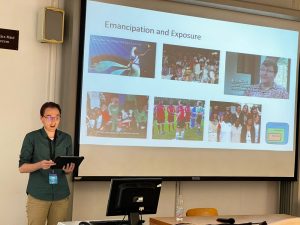
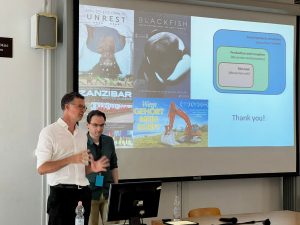
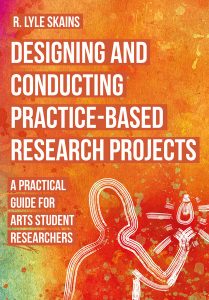

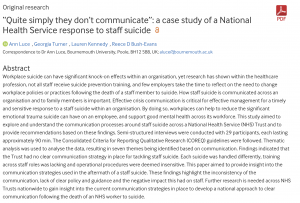 Prof. Ann Luce (FMC), Ms. Georgia Turner (PhD candidate FST), Ms. Lauren Kennedy (MSc student FST) and Dr. Reece D. Bush-Evans (Lecturer in FST) are pleased to announce the publication of their most recent work in British Medical Journal: Medical Humanities titled, “Quite simply they don’t communicate: a case study of a National Health Service response to staff suicide”.
Prof. Ann Luce (FMC), Ms. Georgia Turner (PhD candidate FST), Ms. Lauren Kennedy (MSc student FST) and Dr. Reece D. Bush-Evans (Lecturer in FST) are pleased to announce the publication of their most recent work in British Medical Journal: Medical Humanities titled, “Quite simply they don’t communicate: a case study of a National Health Service response to staff suicide”. 










 Writing policy briefs
Writing policy briefs Upholding Excellence: The Concordat to Support Research Integrity
Upholding Excellence: The Concordat to Support Research Integrity Today’s Documentation Will Serve Tomorrow’s Justice
Today’s Documentation Will Serve Tomorrow’s Justice Up2U: New BU academic publication
Up2U: New BU academic publication New BU midwifery paper
New BU midwifery paper ECR Funding Open Call: Research Culture & Community Grant – Application Deadline Friday 12 December
ECR Funding Open Call: Research Culture & Community Grant – Application Deadline Friday 12 December MSCA Postdoctoral Fellowships 2025 Call
MSCA Postdoctoral Fellowships 2025 Call ERC Advanced Grant 2025 Webinar
ERC Advanced Grant 2025 Webinar Horizon Europe Work Programme 2025 Published
Horizon Europe Work Programme 2025 Published Horizon Europe 2025 Work Programme pre-Published
Horizon Europe 2025 Work Programme pre-Published Update on UKRO services
Update on UKRO services European research project exploring use of ‘virtual twins’ to better manage metabolic associated fatty liver disease
European research project exploring use of ‘virtual twins’ to better manage metabolic associated fatty liver disease